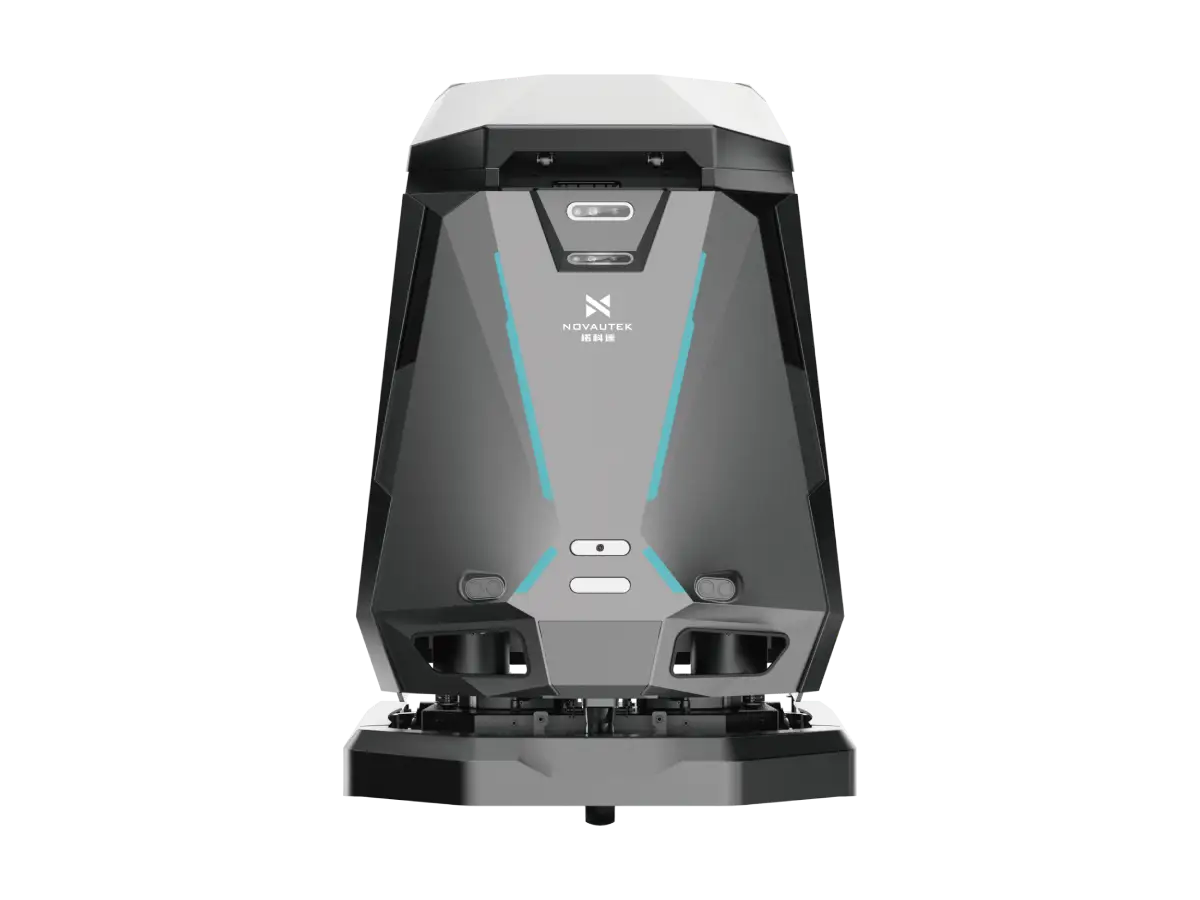AI Robots in Modern Healthcare
Surgical Assistants and Precision Medicine
The introduction of AI robots into operating rooms has changed how surgeries are performed, particularly when it comes to precision work during minimally invasive operations like laparoscopic procedures. These robotic systems cut down on mistakes because they can make tiny movements that human hands simply cannot replicate. Surgeons report being able to tackle complicated cases with much greater accuracy than before. Research shows patients who undergo AI assisted operations tend to heal faster and face fewer complications after surgery, which obviously makes them safer overall. A recent study from the Journal of Robotic Surgery looked at hundreds of cases where doctors used AI technology during operations and found that both clinical results and patient feedback scores went up noticeably compared to traditional methods.
AI algorithms built into surgical robots offer real time data analysis which is really important when creating personalized treatment plans for patients. These smart systems can process huge volumes of medical information at lightning speed, making it possible to adjust treatments specifically for what each person needs. This approach aligns perfectly with precision medicine concepts that have been gaining traction across hospitals nationwide. Doctors are now able to prescribe therapies that match not just symptoms but also factors like genetic makeup and lifestyle choices. The growing reliance on AI assisted surgery means these robotic systems are becoming essential tools rather than fancy gadgets sitting unused in operating rooms around the country.
Elderly Care and Emotional Support Robots
AI robots are becoming more common in elder care these days, helping out with everything from basic tasks to keeping residents company. They're filling an important gap as our population gets older, giving seniors both practical help around the house and someone to talk to when they feel lonely. We've seen some pretty good results too. The robots aren't just gadgets sitting around collecting dust. Facilities report that many residents actually look forward to their time with these machines, which makes sense considering how isolated some people get living alone or in nursing homes. A recent paper in Ageing and Society showed that regular interaction with these robots leads to better moods and generally happier days for older adults who might otherwise spend hours without much stimulation.
Health surveys across the country show that people who interact with AI companions tend to stick with their medication schedules much better than those without such support. When older adults have these personalized AI assistants helping them out day to day, it makes all the difference in maintaining regular routines. Better medication management leads directly to improved health results over time. What's really interesting is how these AI robots do so much more than just help with physical tasks. They provide genuine emotional support too, something many seniors find incredibly valuable. For families concerned about their loved ones living alone, this kind of technological assistance can be a game changer for overall well being.

Transforming Manufacturing and Industrial Sectors
Collaborative Robots (Cobots) in Assembly Lines
Cobots, short for collaborative robots, are making waves across modern assembly lines by working right beside human workers to boost overall productivity. These aren't your typical industrial robots that take over entire jobs though. Instead, they handle those boring, backbreaking tasks so people can concentrate on the more interesting work that requires actual thinking. According to some recent industry data, companies using cobots see fewer workplace injuries because these machines just don't make the same kinds of mistakes humans do when tired or stressed. Take one factory in Ohio for instance. After installing several cobots on their production floor, they saw productivity jump around 30% within just a few months. The best part? Workers didn't lose their jobs. Most actually found themselves doing more meaningful work while still earning the same wages.
AI-Driven Quality Control Systems
Bringing AI robots into quality control has made products more reliable while boosting how efficiently factories operate. These machines use smart algorithms to spot flaws and irregularities that even experienced workers sometimes miss, cutting down on mistakes humans make when inspecting goods. Factory reports show that companies using AI for quality checks save money in multiple ways. For instance, one manufacturer reported saving over $500,000 last year just from catching defects earlier in production. Customers notice the difference too since they get better quality items that work as expected most of the time. Looking ahead, we're seeing real changes in manufacturing thanks to these robotic helpers. Factories are wasting less material and getting more done with fewer resources across various industries.
AI Robots Revolutionizing Daily Home Life
Smart Home Automation and Personal Assistants
Smart robots are changing what it means to live at home thanks to automated systems and digital helpers that make everyday stuff easier and faster. Homeowners now have control over lights, heating, cooling, and locks either by speaking to their devices or tapping on phone apps, which makes living spaces more comfortable while keeping things safe. Studies show that houses with these smart tech setups tend to save energy because they adjust themselves according to what people want and how weather changes outside. Take Alexa or Google Assistant for instance – these AI companions get better at knowing what users need over time, suggesting music playlists when someone gets up in the morning or turning down the thermostat before guests arrive. When we bring AI into our living spaces, tasks just happen without effort, giving us much better control over where we spend our time and money, ultimately leading to a nicer way of life overall.
Emotional AI Companions for Mental Well-being
AI companions designed to understand emotions are changing how people approach mental health through their interactive nature that supports emotional well-being. These robotic friends actually talk to people in ways that matter, offering company when someone feels alone, which helps reduce loneliness and improves overall mental state. Research indicates many users report feeling better after interacting with these AI partners, sometimes even seeing drops in anxiety levels and fewer depressive symptoms, particularly for those living alone most of the time. The tech world keeps advancing fast, and we're starting to see society warm up to using machines for emotional support. More folks now accept AI companions not just as gadgets but as real help for maintaining good mental health and emotional balance in daily life.
Agricultural Advancements Through AI Robotics
Precision Farming and Crop Monitoring
Smart machines are changing how farms operate these days, especially with precision farming made possible through detailed data analysis and drone images. Farmers can now keep close watch on their crops and manage them better, which means they plant seeds at just the right spots, apply fertilizer where it's needed most, and water plants without wasting anything. Research shows that when farmers adopt these precise methods, they often see around 15 percent more crops coming in each season, all while using far fewer resources than traditional approaches. What makes this work so well is that farmers get real information about what's happening in their fields. They spot problems with plants early on and fix them before things get bad. These robotic helpers actually help create farming practices that last longer for both the land and the farmer's bottom line, making sure we don't drain our natural resources unnecessarily.
Autonomous Harvesting and Weed Control
Bringing AI-powered robots into the field for autonomous harvesting represents a major leap forward for how farms work. These machines run on their own most of the time, cutting down on the need for so many workers when things get busy at harvest time. Farmers then have more bandwidth to handle other pressing matters around the farm. Studies point to pretty impressive results from autonomous weed control tech too. Farms using this system report slashing herbicide applications because they target weeds specifically rather than spraying everything indiscriminately. Looking at what's happening across agriculture today, there's clear evidence that farms adopting these robot solutions see better bottom lines as they spend less money on both labor and wasted resources. The bottom line is straightforward really: when farms deploy AI robots for harvesting plus weed control, productivity goes up while harmful chemicals go down, creating benefits for both pocketbooks and the planet alike.
Ethical Challenges and Future Considerations
Workforce Adaptation and Job Displacement
Bringing AI robots into various industries is shaking up the job market, especially for roles that might get replaced by machines. Looking ahead, most estimates suggest somewhere around 2030 we'll start seeing real impacts, with many jobs disappearing because of automation over the next decade or so. When this kind of job loss happens, companies need solid plans to help employees move into different roles. Training people in tech skills has become essential these days. Companies like Google and Microsoft have already launched their own training programs to help workers pick up digital skills they can actually use on the job. The bottom line is simple: workers who adapt to these changes will find opportunities, while those stuck in old ways may struggle to keep pace with what employers want now.
Data Privacy and Security in Robotic Systems
A big problem when putting AI robots into action is all the data they need to collect, which brings up serious questions about privacy and what happens to our private info. Recent polls show something like 7 out of 10 people are really concerned about where their personal stuff ends up once it gets into these AI systems. With robots getting smarter every day, companies need to set clear rules about ethics and follow regulations if they want people to keep trusting them. We need solid policies that actually protect data, not just talk about it. Otherwise, all this tech progress might end up costing us our privacy while nobody even notices until it's too late.
FAQ Section
What roles do AI robots play in modern healthcare?
AI robots enhance surgical precision and provide emotional support in elderly care, significantly boosting patient safety and mental health.
How do AI robots benefit the manufacturing sector?
AI robots, particularly cobots, improve productivity and safety in assembly lines, while AI-driven quality control ensures better product reliability.
How are AI robots changing home life?
AI robots contribute to convenient living with smart automation and personal assistants, enhancing both comfort and mental well-being.
In what ways are AI robots used in agriculture?
AI robots are utilized for precision farming and autonomous harvesting, increasing crop yields and reducing resource usage sustainably.
What ethical challenges do AI robots pose?
AI robots raise concerns about job displacement and data privacy, necessitating workforce adaptation and robust privacy policies.

